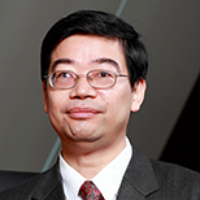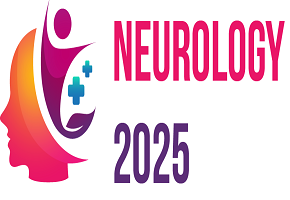Neurology 2025

Shanghai JiaoTong University Med Sch., China
Abstract:
We have collaborated with experts from relevant branches of the CMA, as well as experts from multiple disciplines, based on the foundation and clinical research progress of Wilson's disease at home and abroad 2024. We have been sponsored by MDS in the field of Rare Movement Disorders program, DWEP) .For a rare disease WD, the data is not comprehensive. It is possible to fully cover or solve all the problems in the diagnosis and treatment of WD. We hope that further international/domestic multicenter RCT research can be carried out to gradually improve to perfection. 1. Any age, especially adolescents and young patients, who experience unexplained liver dysfunction or neurological and psychiatric symptoms, should consider screening for WD 2. Suspected individuals with WD should undergo K-F ring examination, and it is recommended that experienced ophthalmologists use slit lamp examination.3.Serum ceruloplasmin100 μ G is very valuable for diagnosing WD (1A); 24-hour urine copper>40 μ G helps to detect asymptomatically pediatric patients, but with low specificity (2A); For symptomatic pediatric patients, D-penicillamine challenge test for 24-hour urine copper>1600 μ g. Valuable for diagnosing WD .5. Adolescents and youth with Coombs negative hemolytic anemia should undergo WD related tests (2C); Acute severe hemolysis may be the initial manifestation of WD induced ALF.6. Brain MRI examination can serve as a means for evaluating the condition of WD patients with neurological disorders and monitoring treatment efficacy (1A), especially QSM technique, however Brain MRI T7 is much sensitve but not easy to acess to it and not reconmmend it.WD is a genetic metabolic disease that can be cured with drugs, and its long-term prognosis depends on the timing of early treatment, and there is currently no suitable treatment drug for all WD patients. Also the alternative treatments of splenectomy, liver transplantation have the positive action, and the genetic & cell tretments are on the way.
Biography:
XiaoPing Wang is a Chief Physician and Professor specializing in Neuroscience and Neurology. He works at Shanghai General Hospital Jiading Branch, affiliated with Shanghai Jiao-Tong University School of Medicine. His research focuses on neurodegenerative diseases, stroke, migraine, and movement disorders. He also collaborates with the International Center of Chemical and Biological Research at the University of Karachi.
